- Home
- finance
- Wall Street
- The Amazing Life And Career Of Wall Street's Favorite Writer, Michael Lewis
The Amazing Life And Career Of Wall Street's Favorite Writer, Michael Lewis
Lewis was born to a wealthy New Orleans lawyer.

After spending his life in the South, he studied art history at Princeton.
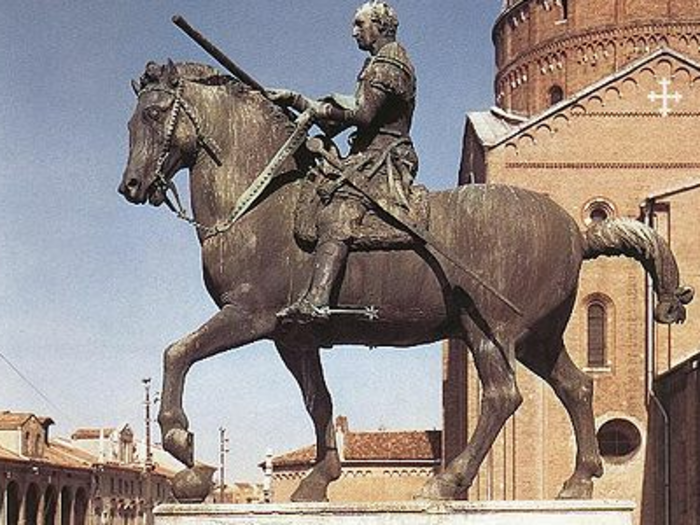
Art history. That's right, Lewis graduated from Princeton with a B.A. in art history — not necessarily a common major for bankers.
His thesis: "Donatello and the Antique."
Source: Princeton.edu
After graduation he worked in fine arts for a year, but the pay was awful.
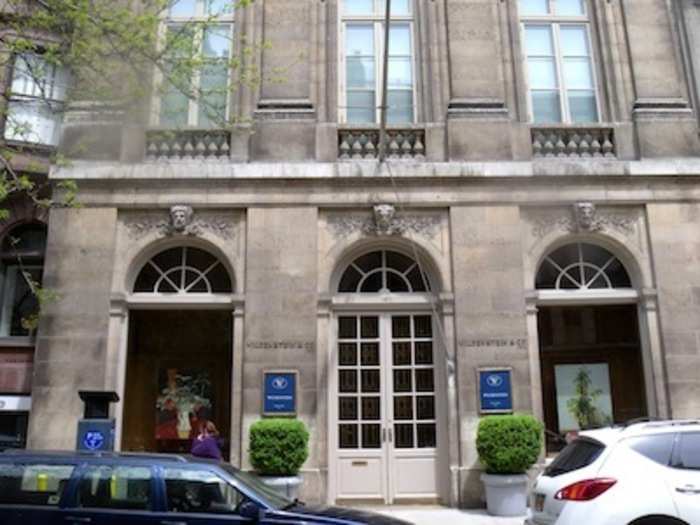
His first job after Princeton was with art dealer Daniel Wildenstein as a stock boy in Wildenstein and Co.'s New York office.
Source: Telegraph
He changed course and looked for work in finance. The he enrolled in the London School of Economics.
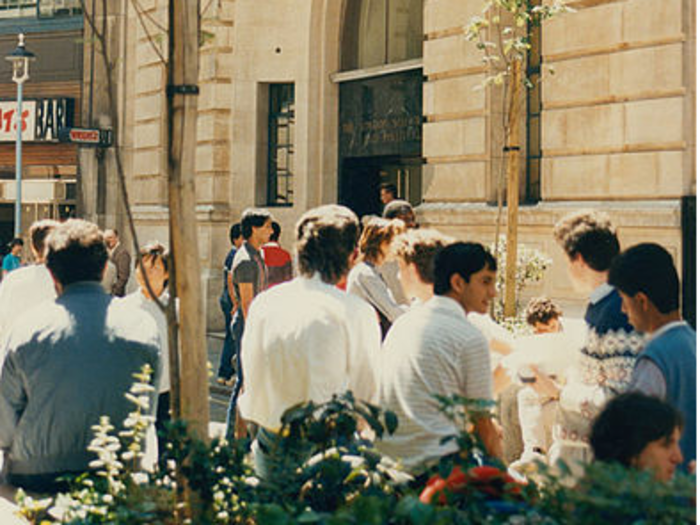
He moved to London, in part following his girlfriend and eventual first wife, Diane de Cordova.
His first attempts at getting a job in finance were fruitless (all described in "Liar's Poker"), so Lewis went back to school, enrolling in a master's program at LSE.
Bonus fact: He played on the school's Perrier-sponsored basketball team.
Source: New York Magazine
He was worried about finding a job, but everything changed after he dined with the Queen Mother.
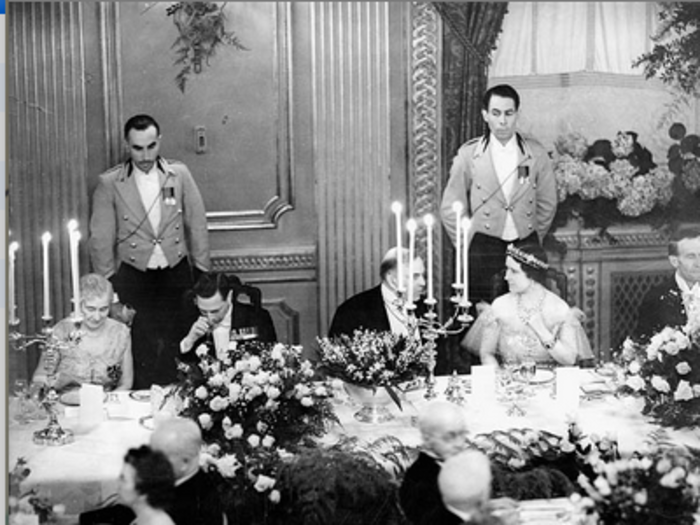
While at LSE, Lewis' distant cousin invited him to a dinner hosted by the Queen Mother.
Lewis happened to be sitting next to the wife of a managing director at Solomon Brothers.
The woman was so impressed that she called up her husband and demanded that Salomon Brothers hire the charming LSE grad student.
Source: New York Magazine and Liar's Poker
That's where he met the people who would hire him at Salomon Brothers, where he worked as a bond salesman.
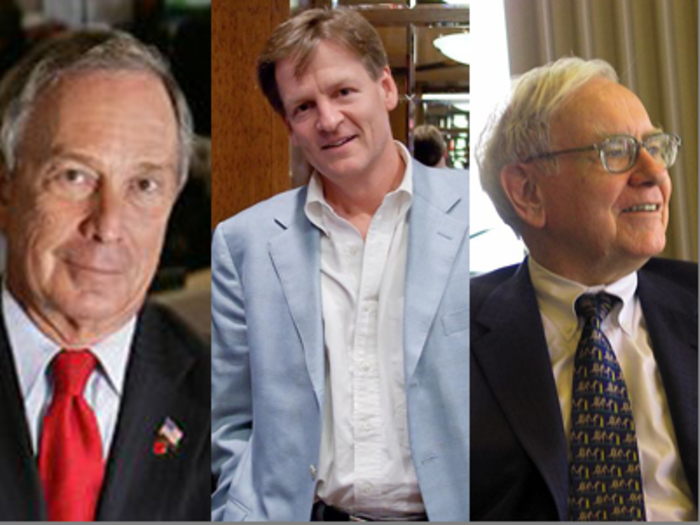
Lewis became a junior bond salesman for the now-defunct firm, splitting his time between the firm's London and New York offices.
Bonus: Michael Bloomberg passed through Salomon Brothers, and Warren Buffett took the helm of the bank after it was rocked by a bond-trading scandal in the early '90s.
Source: New York Magazine
His time at the notorious bank became fuel for his first book, "Liar's Poker."
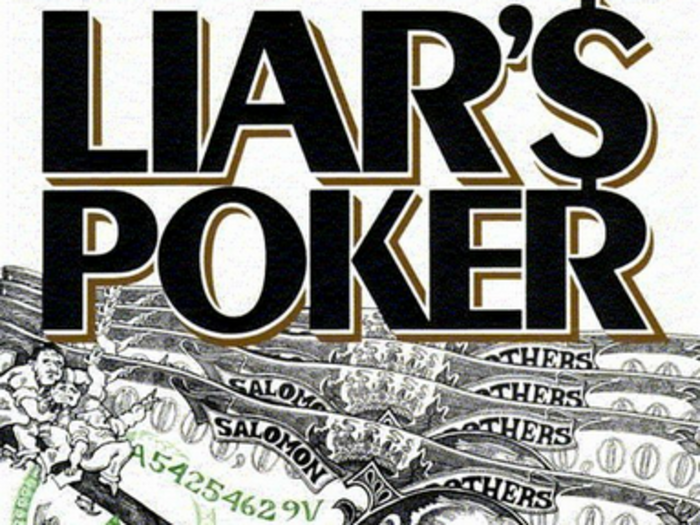
"Liar's Poker: Rising Through the Wreckage of Wall Street" — a 500-plus-page semiautobiographical account of Lewis' time at Solomon — is considered the most accurate representation of 1980s Wall Street.
If you haven't read the book, this line from its preface says it all:
"Never before have so many unskilled twenty-four-year-olds made so much money in so little time as we did this decade in New York and London."
Source: Google Books
When not authoring instant classics, Lewis started working as a financial journalist.
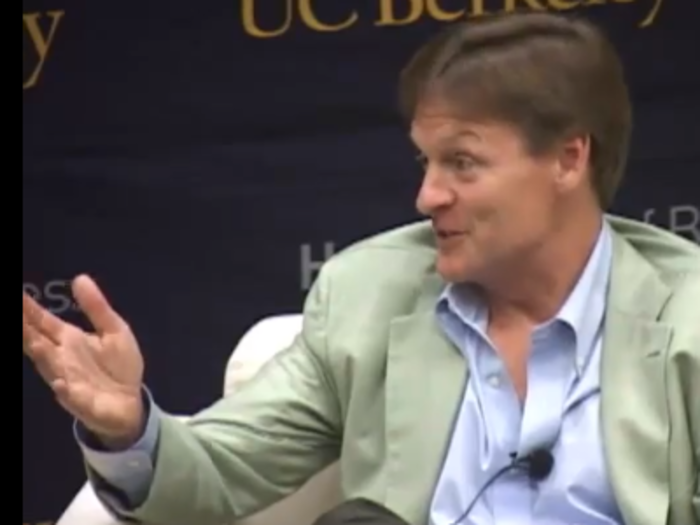
"Liar's Poker" — and the less famous "Pacific Rift" and "Money Culture" — sparked Lewis' career as a financial journalist, which led the former bond salesman to write for Conde Nast's now-defunct Portfolio magazine, Bloomberg, and The New York Times Magazine.
He is now a contributing editor for Vanity Fair.
Source: Vanity Fair
He would publish his next hit book in 1999. It was called "The New New Thing."

This time, the author examined the entrepreneurial spirit of Silicon Valley.
Using a cynically comedic style reminiscent of that in "Liar's Poker," "The New New Thing" follows the founders of several tech startups as they navigate the world of big, fast money.
Source: Google Books
Then came baseball classic "Moneyball" in 2003.
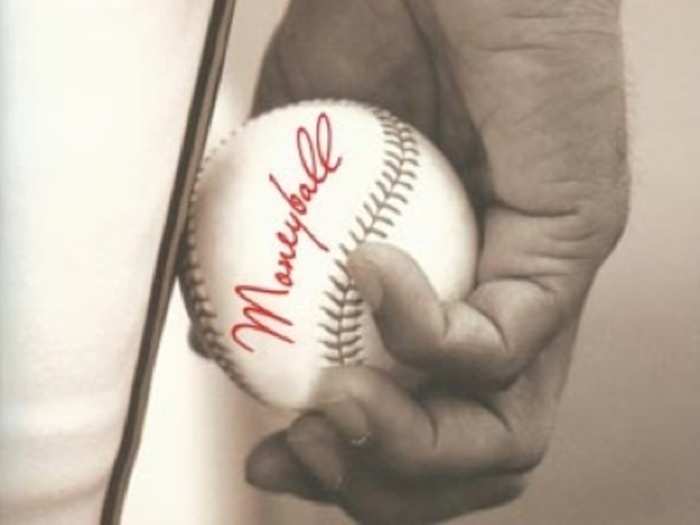
In "Moneyball: The Art of Winning an Unfair Game," Lewis writes about Oakland A's manager Billy Beane and how he used sabermetric analytics to build a talented team on a small budget.
Slate's Rob Neyer described "Moneyball" as "the single most influential baseball book ever."
Source: Google Books
In 2006, Lewis finished his next sensation, "The Blind Side."
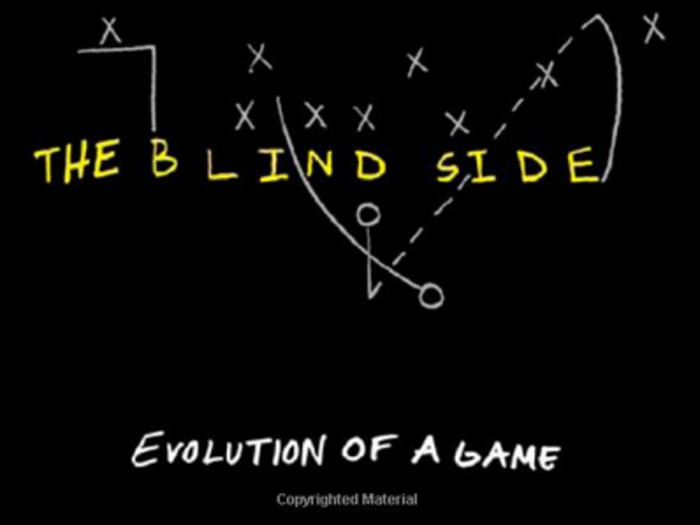
In "The Blind Side," Lewis told the story of his high-school classmate Sean Tuohy, whose wealthy Memphis family adopted homeless football prodigy Michael Oher.
The book follows Oher's rise from destitution to fame, examining offensive football strategy on the way.
Source: Google Books
The book about a wealthy family that took in a poor high-school football player was turned into a hit film in 2010.
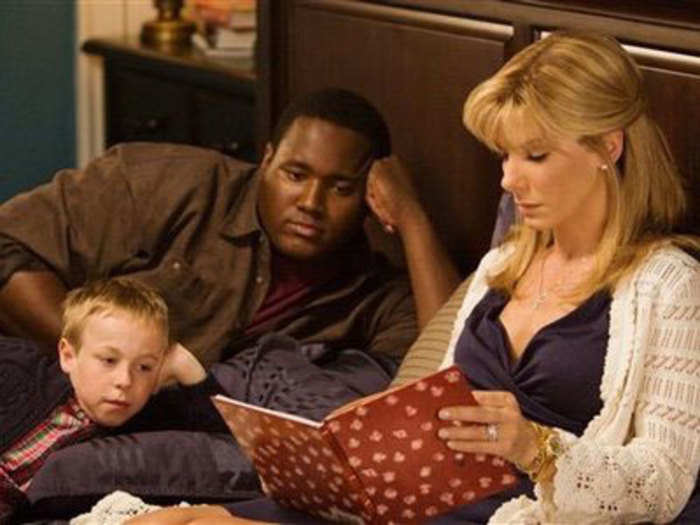
It starred none other than Sandra Bullock as Leigh Anne Tuohy.
Lewis' latest adaptation, "Moneyball," was released in 2011.

Brad Pitt and Jonah Hill stole the show.
All together, Michael Lewis' film adaptations have been nominated for eight Academy Awards.

Sandra Bullock nabbed the Best Actress Oscar for her role in "The Blind Side."
Source: New York Magazine
Most recently he's made waves with his new book, which is critical of high-frequency trading: "Flash Boys."
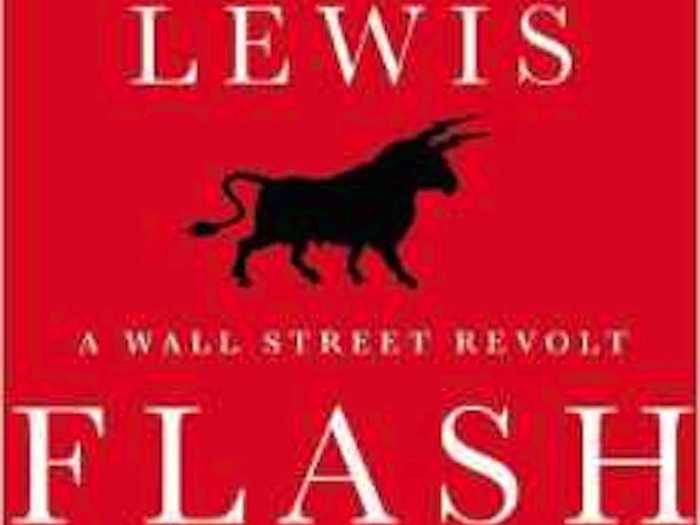
"Flash Boys" is the story of the founders of IEX, a private exchange that purposely slows down high-frequency traders to make the market more fair overall. The protagonists are a group of former traders/Wall Street guys who figured out how high-frequency trading firms were gaming the market while at the Royal Bank of Canada.
The story has prompted fierce debate on Wall Street.
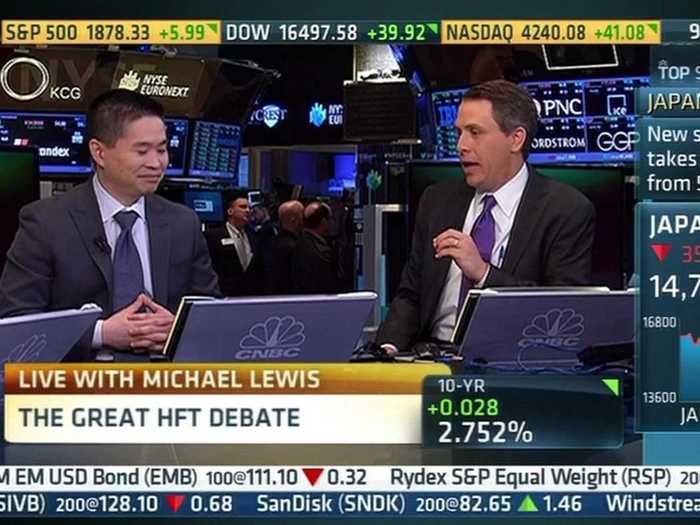
Less than a week after the book came out, the protagonist, Brad Katusyama, was on CNBC fighting with the CEO of the Bats exchange.
A few weeks later, reports say the SEC is planning a "purge" of high-frequency trading firms.
That's the power of the pen.
As for his personal life, Lewis is married to photographer and former MTV veejay Tabitha Soren. They have three children.

He chronicled his parenting misadventures in the book "Home Game" after his first child was born.
Then he wrote the Slate magazine column "Dad Again" in 2002 after the birth of his second child.
The column became "Dad Again, Again" in 2007 when baby No. 3 came along.
Soren is Lewis' third wife.
Source: Los Angeles Times
Before that, he was married to Kate Bohner, a Wall Streeter and a journalist.
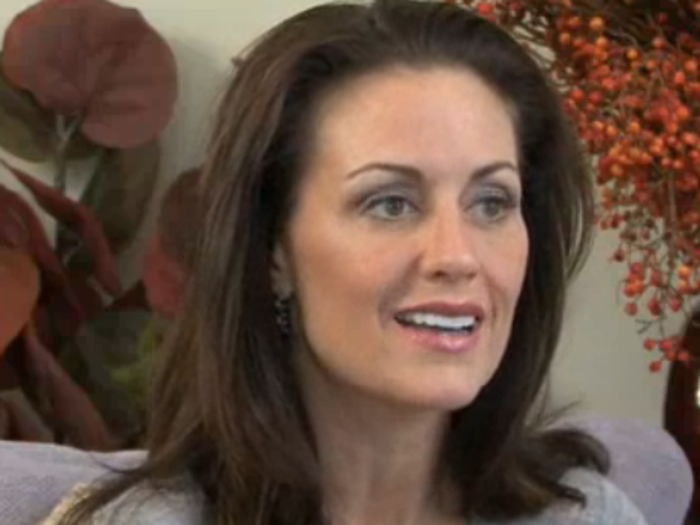
Bohner is a graduate of the University of Pennsylvania and Columbia University's School of Journalism. She has worked at Lazard, CNBC, and Forbes, among other places.
She has also worked with Donald Trump, co-writing his 1997 book, "Trump: Art of the Comeback."
Source: New York Times
Besides writing Oscar-worthy works of nonfiction, Michael Lewis made his name as a political activist.
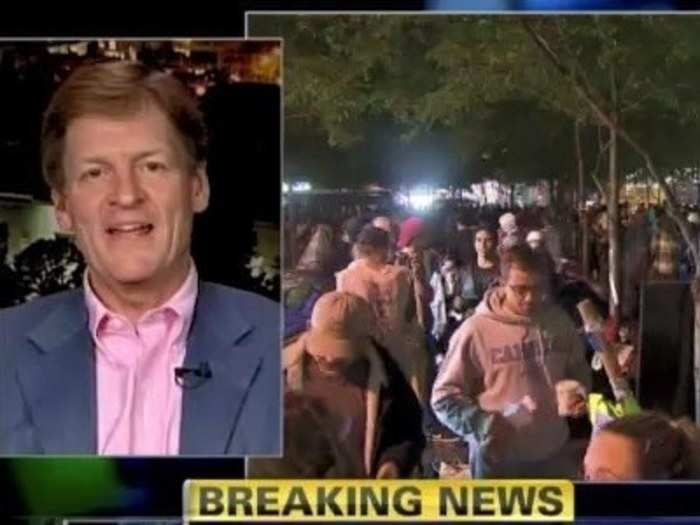
In the middle of last fall's Occupy Wall Street fervor, Michael Lewis was open about his pro-99% leanings.
He wasn't hanging in Zuccotti Park, but he did write two satirical columns for Bloomberg relaying his support: "Advice From the 1%" and "Princeton Brews Trouble For Us 1 Percenters."
Even after the Occupy Wall Street fervor of fall 2011 ended, he spoke openly about income equality.
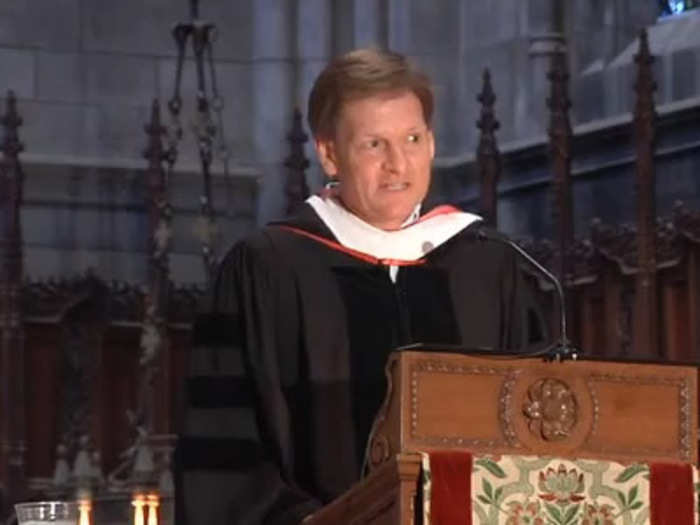
He was the keynote speaker at Princeton's commencement in 2012. There, he delivered a speech that urged students to remember that they are lucky — not naturally superior to others.
All of you have been faced with the extra cookie. All of you will be faced with many more of them. In time you will find it easy to assume that you deserve the extra cookie. For all I know, you may. But you'll be happier, and the world will be better off, if you at least pretend that you don't.
Never forget: In the nation's service. In the service of all nations.
Right now, Lewis has a "Liar's Poker" film in the works, and a deal for "Flash Boys" could come soon.
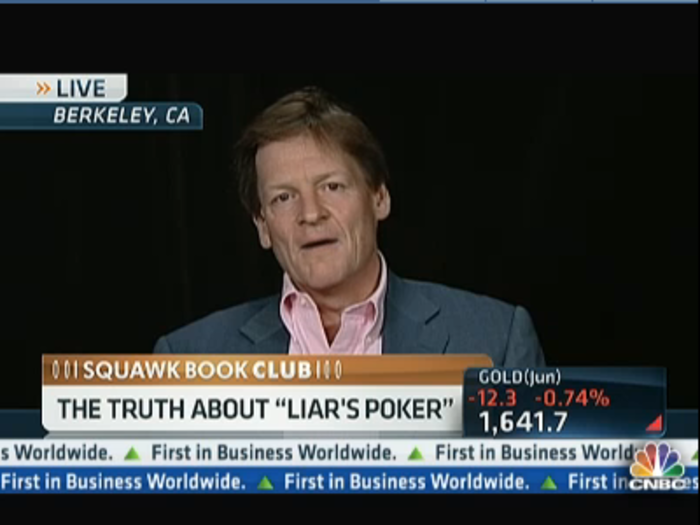
And who would play the young Mr. Lewis in "Liar's Poker" the movie?
Zack Efron, Lewis told CNBC.
A movie deal for "Flash Boys" is still in talks, according to Variety.
In the meantime, if "Flash Boys" wasn't enough you can read "The Big Short."

In "The Big Short," Lewis breaks down the 2008 market crash and the creation of the credit bubble throughout the prior decade. He focuses on the people who saw the crash coming.
And "Boomerang."
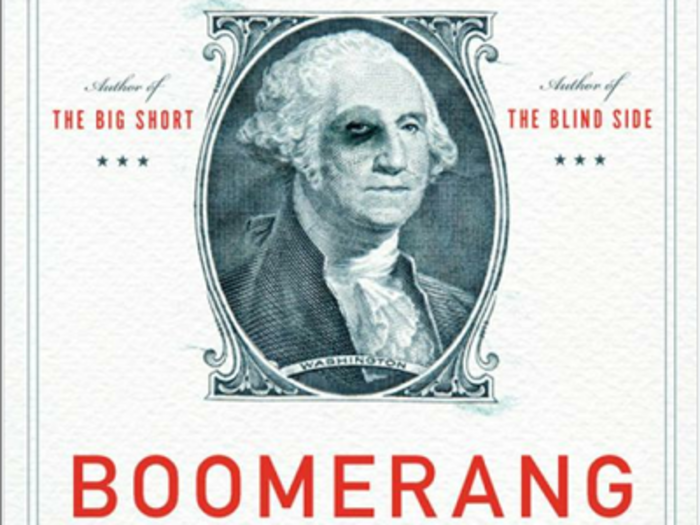
For a look at Lewis' thoughts on the sovereign debt crisis in Ireland, Germany, Greece, and the U.S., check out "Boomerang."
As The New York Times wrote: "Michael Lewis possesses the rare storyteller’s ability to make virtually any subject both lucid and compelling."
And if you're curious about what's happened to Lewis' protagonists:
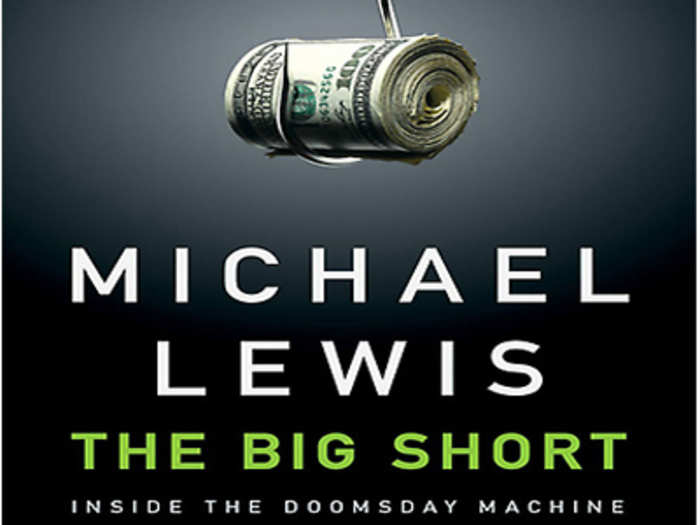
Popular Right Now
Popular Keywords
Advertisement